Empowering Every Girl
Children in rural Tamil Nadu have few opportunities for quality education, personal development, and future employment. Many children in these remote areas are from disadvantaged backgrounds and Scheduled Castes and Scheduled Tribes (groups recognised by the Government of India as those facing the greatest disadvantage). Whilst many of the children attend school, they require additional education and extracurricular support to maximise their basic education.
The project seeks to improve educational outcomes for disadvantaged children in Tamil Nadu and engage parents in their children’s learning. Together with our implementing partner in India, Integrated Development Trust, we recognise the importance of engaging parents and the broader community in improving children’s development, so the project works with various community groups, provides training for parents, and gives parents opportunities to engage in their children’s education.
The project works with over 870 children aged six to 16 across 40 villages. Each of the villages runs an evening study centre, children’s club, Children’s Parliament, and parents group.
The evening study centres provide education through structured classes facilitated by a qualified tutor. Classes follow the government syllabus strengthening children’s skills in maths, Tamil and English.
“I enjoy studying at the Evening Study Centre, the teachers … they give me respect. I also like the ‘Play way’ teaching at the centre” – Year 8 student in the project.
Children’s clubs meet fortnightly to improve leadership skills through sporting activities, competitions and cultural programs. The clubs support children to learn about child rights, gender, health, life skills, career guidance, environmental education, saving money, and public speaking.
Children’s Parliaments meet to enhance leadership skills, encourage girls and boys to respect each other as leaders, and discuss issues that affect them and their communities. They discuss health, the importance of education, child rights, gender equality, and leadership.
Parents’ groups meet monthly to discuss tuition, child development, child rights, family health, gender equity and the importance of educating girls. Child Protection Committees lead child protection training and discuss child safety.
There have been noticeable changes in gender relationships between girls and boys, and improved recognition of gender equality by parents. The number of girls taking up a leadership role in the Children’s’ Parliaments has increased as girls are equipped with skills in leadership, communication, and teamwork.
This project is supported by the Australian Government Department of Foreign Affairs and Trade’s Australian NGO Cooperation Program (ANCP).
